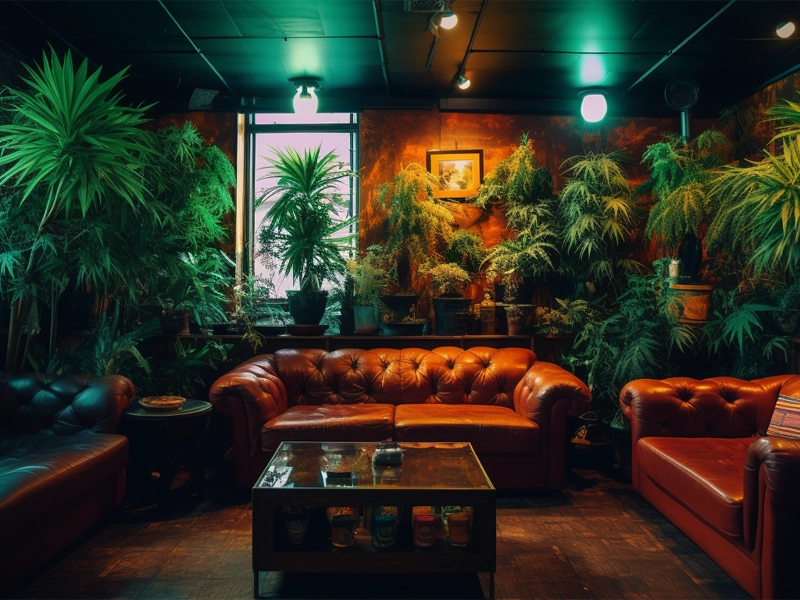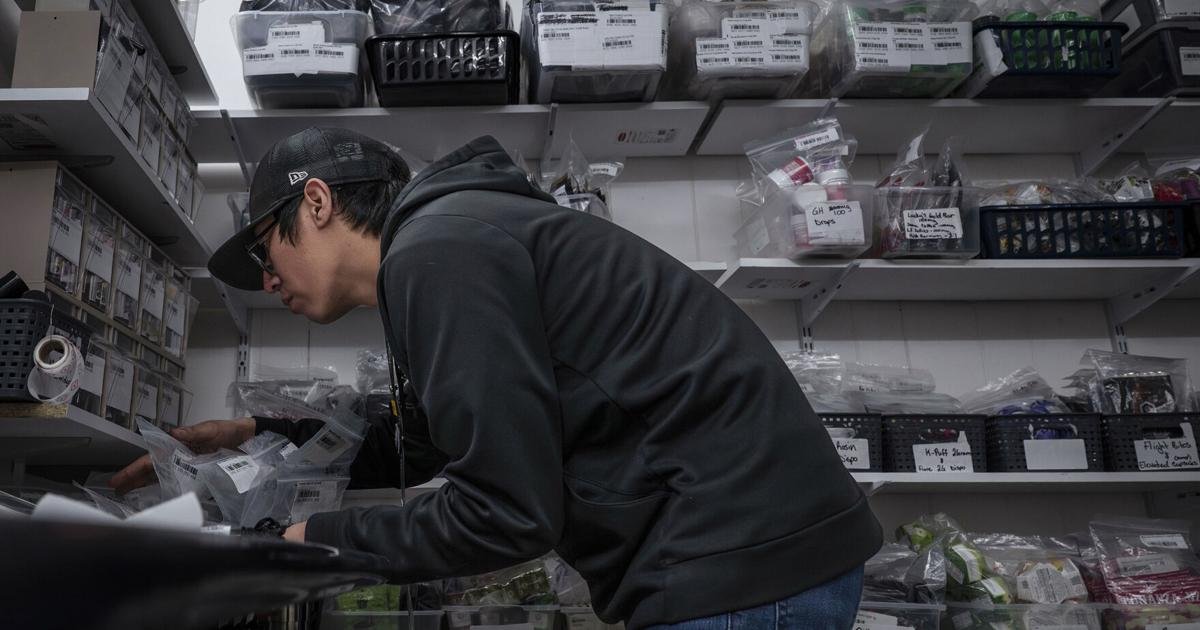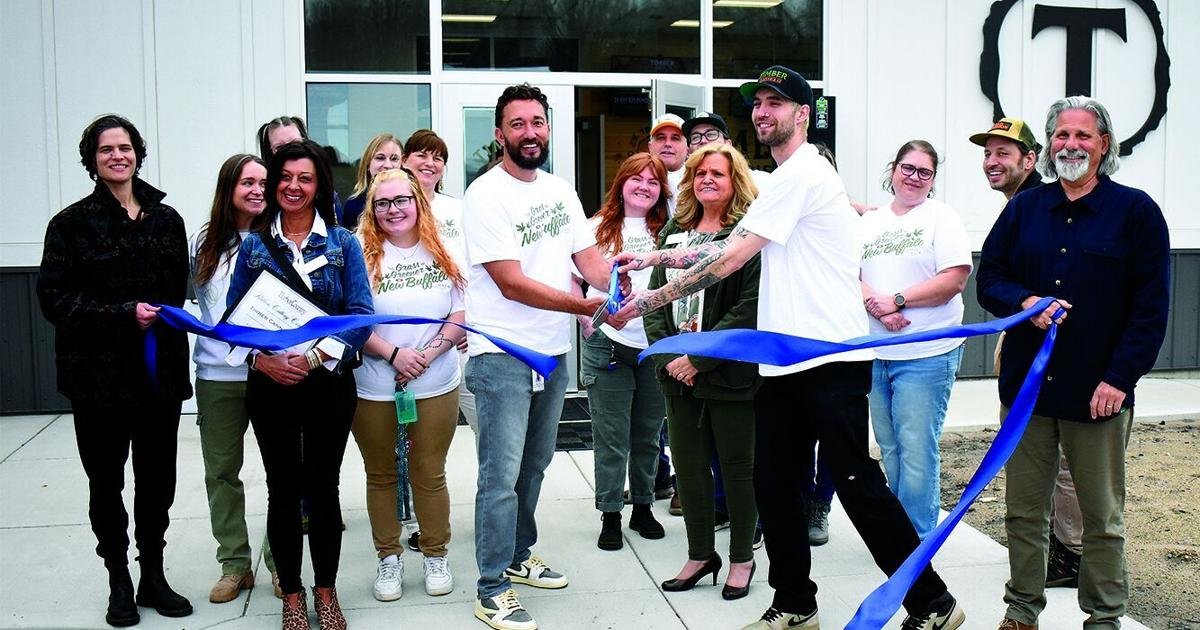Local government officials in Massachusetts are urging state regulators to reconsider the approval of cannabis lounges. This pushback comes as the state plans to implement regulations for spaces where cannabis can be consumed, including lounges, yoga sessions, and cooking classes. The potential hurdles could impact both business owners and customers seeking safe environments to enjoy cannabis.
State regulators have proposed three types of licenses for these spaces: a “supplemental” license for existing retailers, a “hospitality” license for consumption at venues like yoga studios, and an “event organizer” license for festivals and gatherings. However, local health officials are raising concerns about the implications of these regulations, particularly in communities that do not wish to have cannabis lounges or events.
MaryAnn O’Connor, director of the Medford Board of Health, has formally requested that regulators not allow any onsite consumption spaces, citing threats to public health and safety. Additionally, officials from the Franklin Regional Council of Governments in Western Massachusetts questioned how law enforcement would identify impaired drivers and the liability of cannabis lounge servers if they let intoxicated individuals leave. They also inquired about options available to residents who oppose the establishment of cannabis lounges in their towns.
Maureen Buzby, the tobacco inspector coordinator in Melrose, expressed skepticism about the effectiveness of air filtration systems in preventing secondhand smoke exposure for those in shared buildings with cannabis lounges. While some officials in Melrose have not commented on the proposed regulations, city spokesperson Thomas Dalton indicated that Melrose Mayor Jen Grigoraitis and other officials plan to review the regulations once they are finalized. Officials from Medford and other cities have not responded to requests for comments on the issue.
On the other hand, medical patients and adult-use consumers have been advocating for the establishment of consumption spaces outside their homes. Tori Gates, who works in the cannabis industry and utilizes it for medical purposes, highlighted that many renters may not have the ability to consume cannabis in their units, forcing them to smoke in inappropriate areas like parks or vehicles.
Despite the pushback, cannabis lounges remain legal under Massachusetts law, and state regulators have shown no intention of withdrawing their plans to develop the social consumption sector. Moving forward, regulators are revising the proposed regulations and meeting with officials at both state and local levels. A discussion regarding these regulations may take place as soon as March 27.




